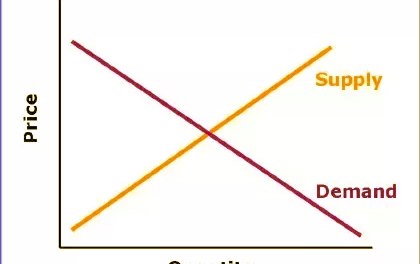The British government is being urged to enact legislation that sets a firm minimum price on alcoholic beverages. That would bring England into line with neighboring Scotland and Wales, where Minimum Unit Pricing (MUP) has been in effect for a while now. Its goal: To decrease the number of alcohol-related deaths in England– which of late have risen as much as a 10% a year.
I’d be surprised if the idea doesn’t catch on in the US as well. It’s the sort that would appeal to many voters.
Exactly how does MUP work? It sets a “floor” for the unit price of alcohol, beneath which it can’t be sold. That in turn should lead to reduced consumption by the heaviest drinkers, and thereby a decline in some of the many health consequences that we know result from heavy drinking.
There’s a comparable situation in the U.S. A relatively small minority of drinkers– once again, maybe fewer than 10%– consume more than half of all the alcohol sold. Because they consume so much more than others, a substantial increase in the price would presumably affect them far more than the rest of the drinking population.
It’s the same principle that underlies an increase in tobacco taxes– by making cigarettes less affordable, we create an incentive for people to smoke less, and perhaps motivate the heaviest users to quit, too.
Fewer heavy drinkers benefits the rest of us, too, by helping to relieve some of the enormous social and financial burden that heavy drinking forces on society.
The real question: is MUP effective?
Yes and no.
First the positive: The medical journal The Lancet reports that research “…found minimum unit pricing in Scotland was associated with a 13.4% reduction in deaths wholly attributable to alcohol consumption.”
By the way, nobody is suggesting that most of the heaviest drinkers have quit altogether. More likely, they’ve cut back on consumption, based on lack of affordability.
But that raises another question: Are they also spending less of the family budget on food and other essentials, so as to have more left for booze?
That could create more problems. After all, some of the worst consequences of alcoholism, and health problems in general, are related to malnutrition.
So in terms of its practical value to society, I’d have to describe MUP as something of a blunt instrument. One that does achieve its primary goal, but not without possible side effects.
If you’re interested, here’s more on the debate in the UK. We may be having similar discussions in the U.S. in the near future.













